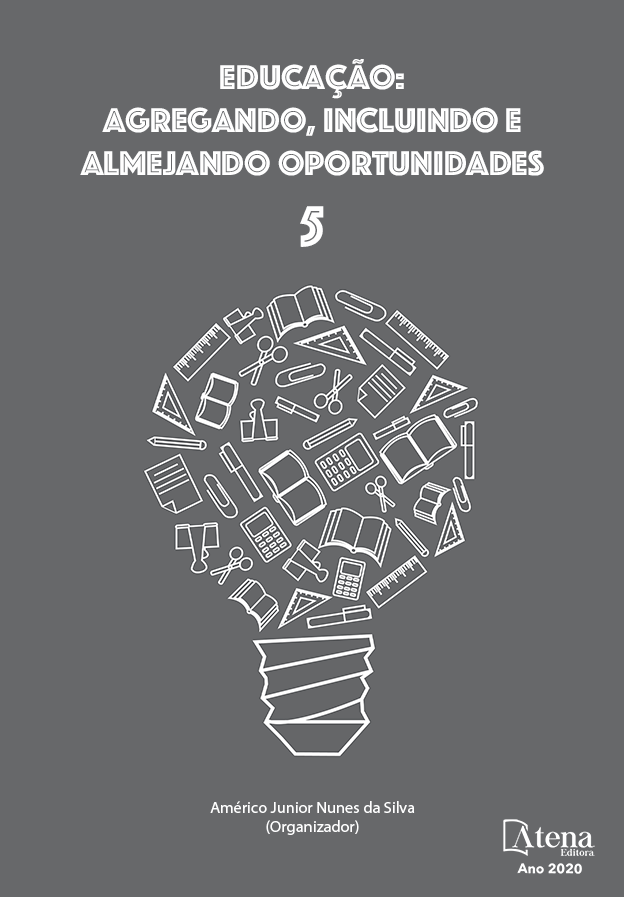
POSSÍVEIS EFEITOS DA DIMINUIÇÃO DO ESTUDO EM PEÇAS NATURAIS AOS ALUNOS DO ENSINO EM SAÚDE
O estudo do corpo humano ocorre desde a antiguidade, tendo sido considerado de extrema importância durante o ensino e aprendizagem de alunos de cursos da saúde visto que permitiam identificar possíveis patologias e assim desenvolver o tratamento adequado. Essas técnicas foram se desenvolvendo no decorrer dos séculos, e hoje as peças cadavéricas estão sendo substituídas por peças sintéticas o que causa um déficit na aprendizagem dos alunos pois não permite a avaliação real das estruturas corporais. De acordo com isso o objetivo deste é demonstrar a importância de que as peças molhadas sejam utilizadas para evitar efeitos negativos na aprendizagem dos discentes, através de dados colhidos para revisão bibliográfica. Através disso pode-se então concluir que é de alta relevância que todas as instituições de ensino em saúde tenham acervo cadavérico para uma melhor aprendizagem, bem como para a pesquisa de novas técnicas de tratamento.
POSSÍVEIS EFEITOS DA DIMINUIÇÃO DO ESTUDO EM PEÇAS NATURAIS AOS ALUNOS DO ENSINO EM SAÚDE
-
DOI: 10.22533/at.ed.1602021096
-
Palavras-chave: Anatomia Humana; Peças Naturais; Estudantes da Saúde
-
Keywords: Human Anatomy; Wet Parts; Health Students
-
Abstract:
The study of the human body has taken place since antiquity, being considered of extreme importance during the teaching and learning of students of health courses since they allowed to identify possible pathologies and thus to develop the appropriate treatment. These techniques were developed during the year and today the cadaveric parts are being replaced by synthetic pieces which causes a deficit in the students' learning because it does not allow the real evaluation of the corporal structures. Accordingly, the objective of this study is to demonstrate the importance of using wetted parts to avoid negative effects on students' learning, through data collected for bibliographic review. Through this it can be concluded that it is of high relevance that all health education institutions have a cadaverous collection for better learning as well as for the research of new treatment techniques.
-
Número de páginas: 11
- Ellen Maria de Matos
- David Marlon Vieira Santos
- Luana Guimarães da Silva
- Luciana Mara Costa Moreira
- Ubiratan Contreira Padilha
- Pedro Henrique Teixeira dos Santos


